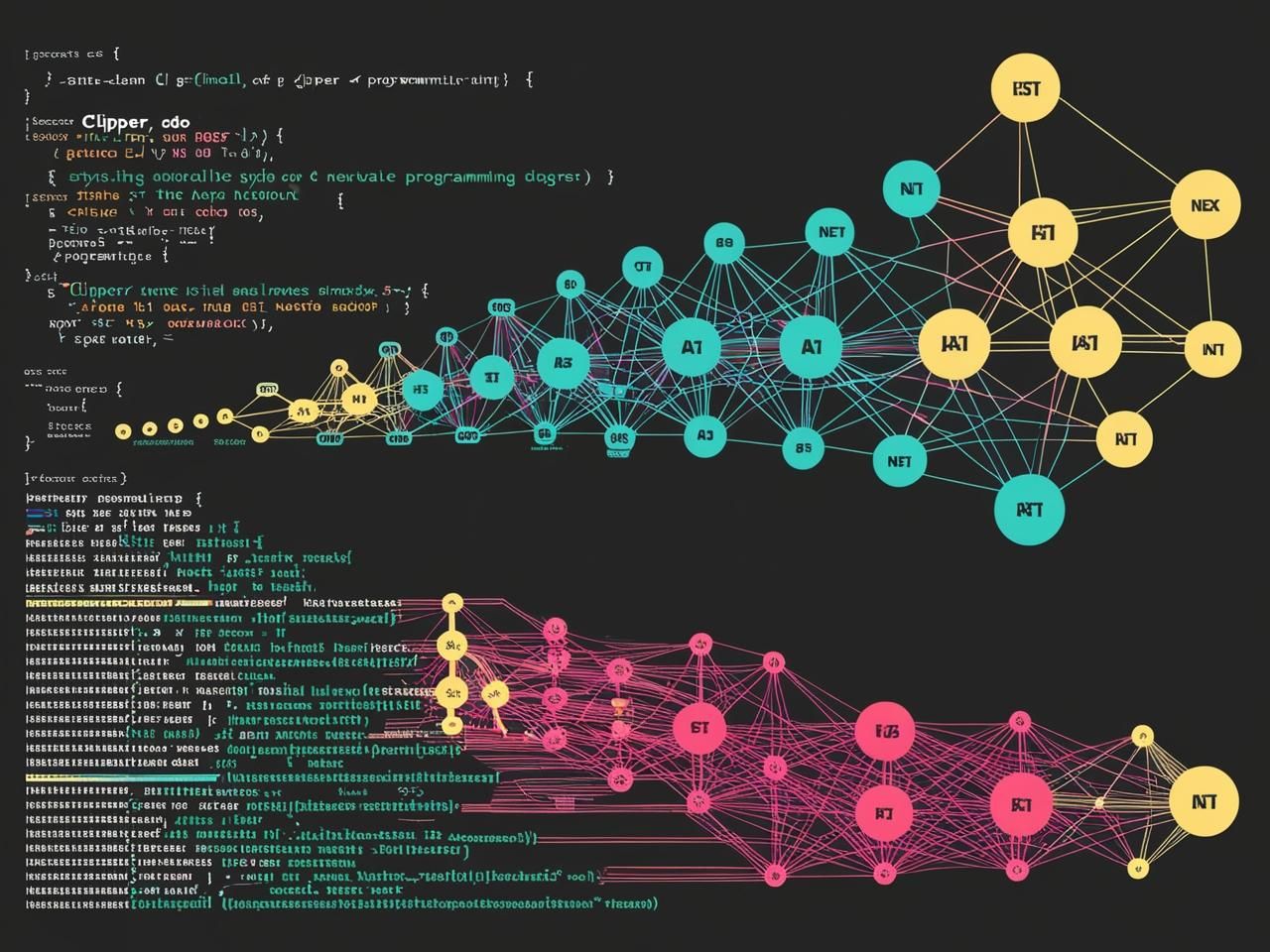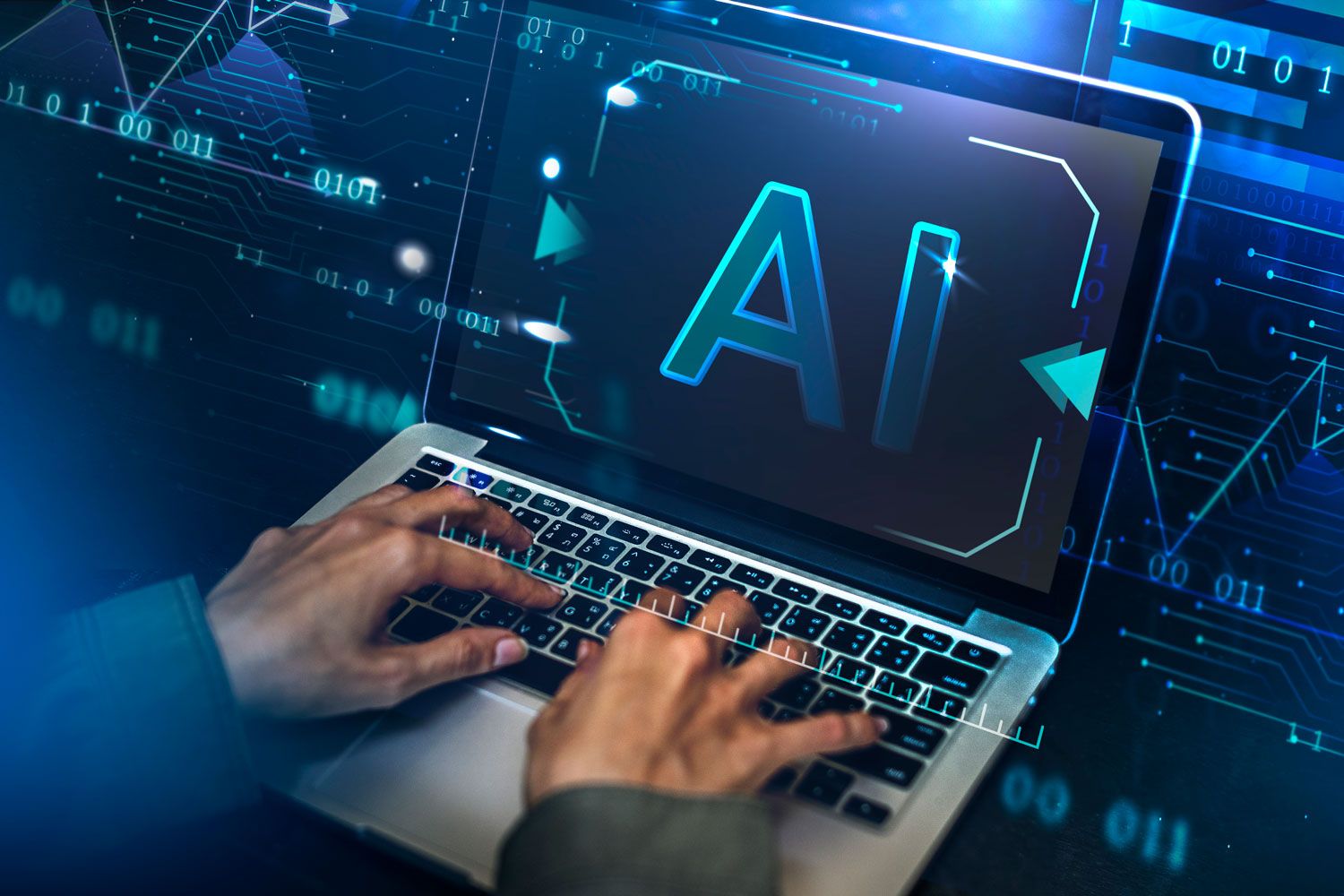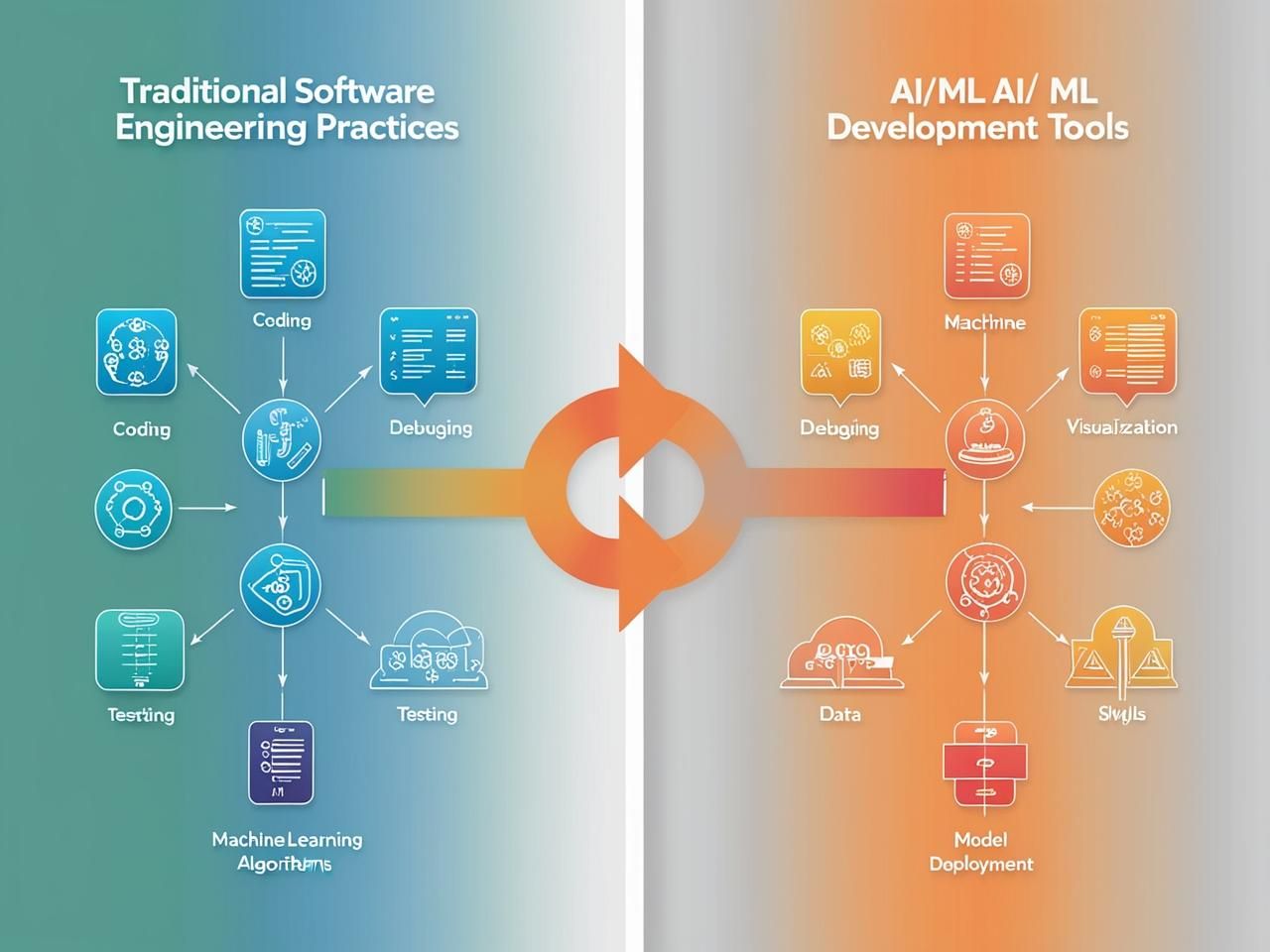- English
- Indonesia
Published by I Putu Arka Suryawan at Sat May 24 2025

Looking back at my journey from writing Clipper code for DOS applications in the early 2000s to architecting AI systems today, I'm amazed at how much the technology landscape has transformed. Yet, what strikes me most is how the fundamental principles I learned decades ago continue to serve as the bedrock of everything I do in artificial intelligence.
My name is I Putu Arka Suryawan, and I've been in the technology field for over two decades. Born in January 1981 into a family of educators and entrepreneurs, I've always carried a deep sense of responsibility for continuous learning and innovation. When I made the conscious decision in 2022 to pivot my career toward AI technologies, I had no idea how profoundly it would reshape not just my professional path, but my entire perspective on problem-solving.
By 2022, I had established myself as a seasoned technology professional with expertise spanning software development, cloud infrastructure, and digital marketing. I was comfortable in my knowledge and successful in my projects. But there was this persistent feeling that I was missing something bigger – something that could amplify the impact of everything I had learned.
The turning point came when I witnessed firsthand how AI was beginning to transform businesses around me. I saw companies automating routine tasks that previously consumed hours of human effort, gaining insights from data that would have taken teams weeks to analyze, and delivering personalized customer experiences at scales that seemed impossible just years before.
I realized that AI wasn't just another technology trend – it was becoming the foundation upon which the next generation of software solutions would be built. The question wasn't whether I should learn AI; it was how quickly I could master it without losing the valuable expertise I had already developed.

Starting my AI journey in 2022 was both humbling and exhilarating. Here I was, someone who had been programming for over two decades, suddenly feeling like a beginner again. The terminology was different, the approaches were unfamiliar, and the mathematical foundations required me to dust off concepts I hadn't touched since university.
Mathematical Foundations: While I was comfortable with programming logic, diving into linear algebra, statistics, and calculus for machine learning felt like learning a new language. I spent countless evenings relearning mathematical concepts that I thought I'd never need again.
Shift in Thinking: Traditional programming follows a deterministic approach – you write explicit instructions for every scenario. AI development, however, involves training models to recognize patterns and make predictions. This probabilistic thinking required a fundamental shift in my problem-solving approach.
Tool Ecosystem: The AI development ecosystem was vastly different from what I was used to. Python libraries like TensorFlow, PyTorch, and scikit-learn became my new companions, replacing the familiar development environments I had mastered over the years.
Data-Centric Approach: Unlike traditional development where code is king, AI projects revolve around data. Learning to think about data quality, preprocessing, feature engineering, and data pipelines became crucial skills I had to develop.
The first breakthrough came about three months into my learning journey. I had been struggling with a customer segmentation project, trying to apply traditional rule-based approaches. When I finally let the machine learning algorithm find patterns in the data that I couldn't see manually, the results were revolutionary. The model identified customer segments that our business team had never considered, leading to a 23% improvement in marketing campaign effectiveness.
That moment taught me a valuable lesson: AI isn't about replacing human intelligence – it's about augmenting it. My role shifted from being the sole problem-solver to being a collaborative partner with intelligent systems.

Throughout my transition, I discovered several resources that proved invaluable. Let me share the ones that made the biggest difference:
Coursera's Machine Learning Course by Andrew Ng: This was my foundation. Andrew's ability to explain complex concepts in simple terms made the mathematical aspects of machine learning accessible to someone with my programming background.
Fast.ai: Jeremy Howard's practical approach resonated with my learning style. Instead of getting bogged down in theory, Fast.ai showed me how to build working models quickly and understand the theory through application.
Kaggle Learn: The micro-courses on Kaggle were perfect for learning specific techniques quickly. Plus, the competitive environment on Kaggle pushed me to continuously improve my skills.
"Hands-On Machine Learning" by Aurélien Géron: This book became my bible. It perfectly balanced theoretical understanding with practical implementation, making it ideal for someone transitioning from traditional development.
"The Hundred-Page Machine Learning Book" by Andriy Burkov: When I needed quick references or wanted to understand concepts concisely, this book was invaluable.
Local AI Meetups: Connecting with other professionals going through similar transitions provided motivation and practical insights that no online course could offer.
GitHub Projects: Contributing to open-source AI projects helped me understand real-world applications and best practices.

One of my biggest concerns when starting my AI journey was whether my traditional programming skills would become obsolete. I'm happy to report that the opposite turned out to be true. My conventional development background became one of my greatest assets in the AI space.
Code Quality and Maintainability: Many data scientists write code that works but isn't maintainable. My background in software engineering meant I could build AI systems that were not only accurate but also scalable, maintainable, and production-ready.
System Architecture: Understanding how to design robust systems helped me architect AI solutions that could handle real-world complexities, not just laboratory datasets.
Debugging and Problem-Solving: The systematic debugging approaches I learned in traditional programming proved invaluable when AI models weren't performing as expected.
My experience with databases gave me a significant advantage in understanding data pipelines, data quality issues, and the importance of proper data architecture in AI projects.
Having worked on user-facing applications, I brought a user-centric perspective to AI projects. This helped me build AI solutions that actually solved real problems rather than just demonstrating technical prowess.
Since 2023, I've been able to apply my AI knowledge to solve real business problems. Here are some projects that showcase how traditional development skills enhance AI implementations:
I developed a predictive analytics system for a manufacturing client that reduced inventory costs by 18% while improving delivery reliability. My traditional programming background was crucial in integrating the AI model with existing ERP systems and ensuring real-time data processing.
For an e-commerce client, I built a recommendation system that increased customer engagement by 34%. The project required not just machine learning expertise, but also solid understanding of web services, database optimization, and user interface design – all skills from my traditional development background.
I implemented a natural language processing solution that handles 67% of customer inquiries automatically. The success of this project depended heavily on my ability to integrate the AI model with existing customer service platforms and ensure seamless user experiences.
Reflecting on my transition journey, there are several insights I wish I had understood from the beginning:
I initially got caught up in learning every algorithm and technique. What accelerated my growth was focusing on real business problems and then learning the AI techniques needed to solve them.
I spent months perfecting model architectures before realizing that 80% of AI project success comes from having quality data and proper preprocessing. My traditional development discipline in data management turned out to be more valuable than I initially realized.
My experience with DevOps practices translated directly to MLOps. Understanding CI/CD, monitoring, and deployment pipelines gave me a significant advantage in operationalizing AI models.
AI projects involve more stakeholder management and business alignment than traditional development projects. My communication skills and business understanding became more important than my technical prowess.
As I write this in 2025, my journey into AI continues to evolve. The field moves so rapidly that what I learned in 2022 already feels like ancient history. But that's what makes this field exciting – there's always something new to learn, always a more elegant solution to discover.
I'm currently exploring large language models and their applications in business automation, while also diving deeper into computer vision for industrial applications. The foundational skills from my traditional development background continue to serve me well, while my AI expertise opens doors to solutions I never imagined possible.
If you're a traditional developer considering the transition to AI, here's my advice:
Embrace the Beginner's Mind: Accept that you'll feel like a novice again, and that's okay. The learning curve is steep but manageable.
Leverage Your Existing Skills: Don't discount your traditional programming background. It's a valuable asset that will differentiate you from pure data scientists.
Focus on Application: Learn by building real projects, not just following tutorials. Apply AI to problems you understand from your previous experience.
Stay Connected: Join AI communities and find mentors. The field is collaborative, and others are eager to help newcomers.
Be Patient with Yourself: The transition takes time. I'm still learning new things every day, and that's part of the excitement.
Transitioning from traditional development to AI has been one of the most rewarding decisions of my career. It has reinvigorated my passion for technology and opened up possibilities I never imagined. The combination of traditional programming discipline with AI capabilities has allowed me to build solutions that have genuine impact on businesses and users.
The future belongs to those who can bridge the gap between established systems and emerging technologies. As traditional developers, we have the foundation to build AI solutions that are not just innovative, but also practical, scalable, and valuable.
Your journey into AI might be different from mine, but I'm confident that your traditional development background will be an asset, not a liability. The world needs AI practitioners who understand software engineering principles, and that's exactly what you can offer.
The transition isn't easy, but it's absolutely worth it. Welcome to the future of software development – where traditional skills meet artificial intelligence to create something truly extraordinary.